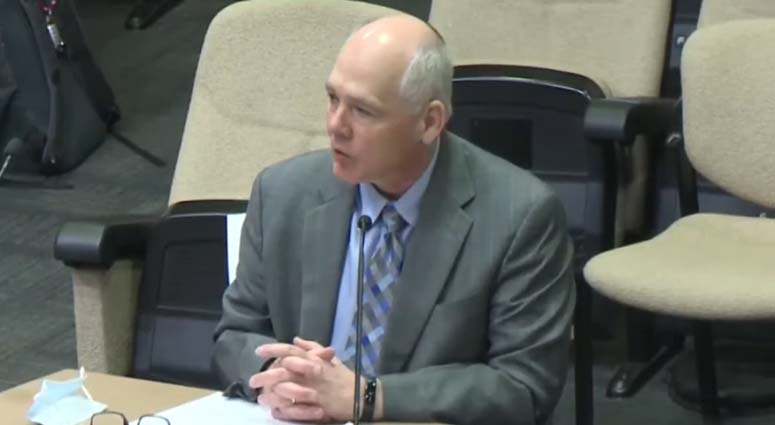
AUSTIN (Talk1370.com) -- Last week's city-wide boil water notice was the topic of discussion for Austin City Council members Tuesday morning during a specially-called meeting.
The move comes after last week's boil water notice - the third system-wide notice issued in the past four years - after what has been described as "employee error" led to high levels of turbidity in water coming from the city's Ullrich Water Treatment Plant.
"Austinites deserve a safe, reliable and resilient water system in which they can have full confidence," said District 8 city council member Paige Ellis. "After last year’s winter storm, the latest freeze, and two years of an ongoing pandemic, this latest boil water notice really hit a nerve for folks in Austin. My goal for this meeting is to begin to rebuild trust between our city’s core services and the community."
Officials at Austin Water sent a memorandum to council members on Friday, answering many questions about the circumstances that led to the boil water notice. Also on Friday, Austin Water director Greg Meszaros announced his resignation from the utility. He attended Tuesday's meeting as he continues to serve in a transitional capacity until City Manager Spencer Cronk announces an interim replacement.
"I am just profoundly sorry that we had this event," Meszaros said. "I know it was painful and difficult coming on top of all the other events that not only we have had... but the pandemic and everything else that the community has been struggling with. I am sorry that the community suffered."
According to a release from the utility, meetings have been conducted with the plant staff at all three of the city's water treatment plants. Officials are looking at process controls, protocols, training, and alarm and notification procedures and areas for improvement.
According to the presentation given to council members, the issue began as crews were filling a basin with water to begin the treatment process. A mixture of water and processed solids are added to "seed" the basin, a process that's normally stopped after a few hours - but instead continued for much of the night, which led to the high turbidity water getting into the filters and eventually into storage tanks. By 6 a.m., officials had shut down the plant in order to prevent any more of the mistreated water from getting into the system.
Meszaros said it's not entirely clear why employees at the plant didn't call for help once the process began to break down. "To all of my knowledge, our alarms were working during that system, and they were being acknowledged," said Meszaros. "But the decision making for that is where things started to break down."
Despite the oversights, Meszaros said they've found no evidence of "gross negligence" on the part of employees, including the three who have been placed on leave. "What I mean by that is there is nothing where employees were sleeping on duty, where they left the plant, where they were fabricating data," said Meszaros.
Council members also asked about staffing challenges at the city-owned utility, which has seen its turnover rate and number of vacancies steadily rising. Meszaros said 20 employees left the utility in January - an amount he said is the most ever in one month.
"The Ullrich plant is struggling the most," Meszaros said. "We've been putting a lot of energy into it in terms of new staff and new management and additional management. But we're not there yet."
According to the city, about 11% of the utility's 1,300-plus budgeted positions are currently vacant.
Council members will continue to discuss Austin Water during Thursday's regularly scheduled meeting, with an agenda item that would call for an external third-party audit of the water utility up for consideration. The council's Austin Water Oversight Committee is also expected to meet next week.
Meszaros said utility officials are working with city officials to see if a one-time bill credit would be possible for customers during an upcoming billing cycle. That credit would require council approval before it can be implemented.
